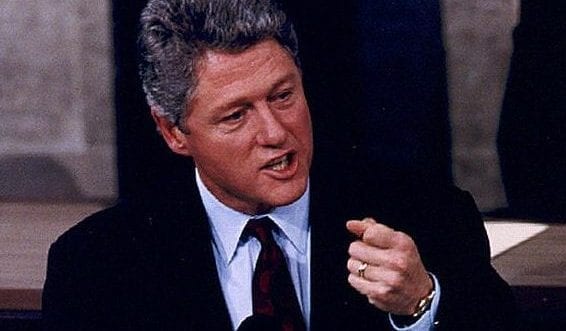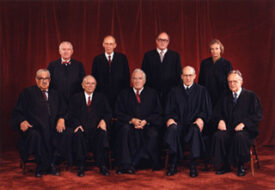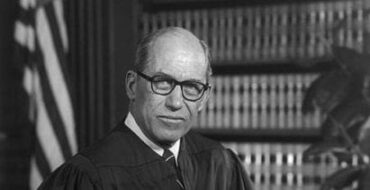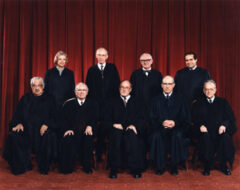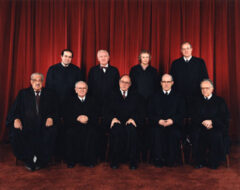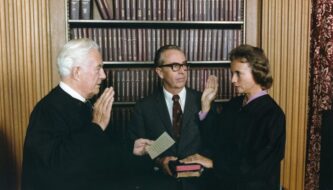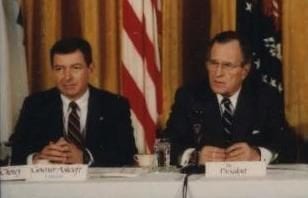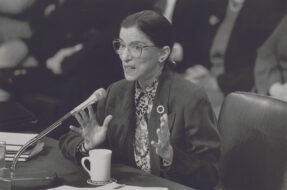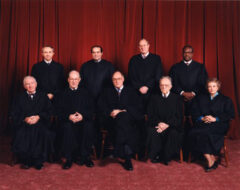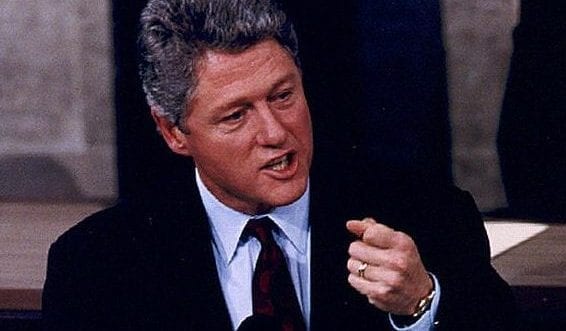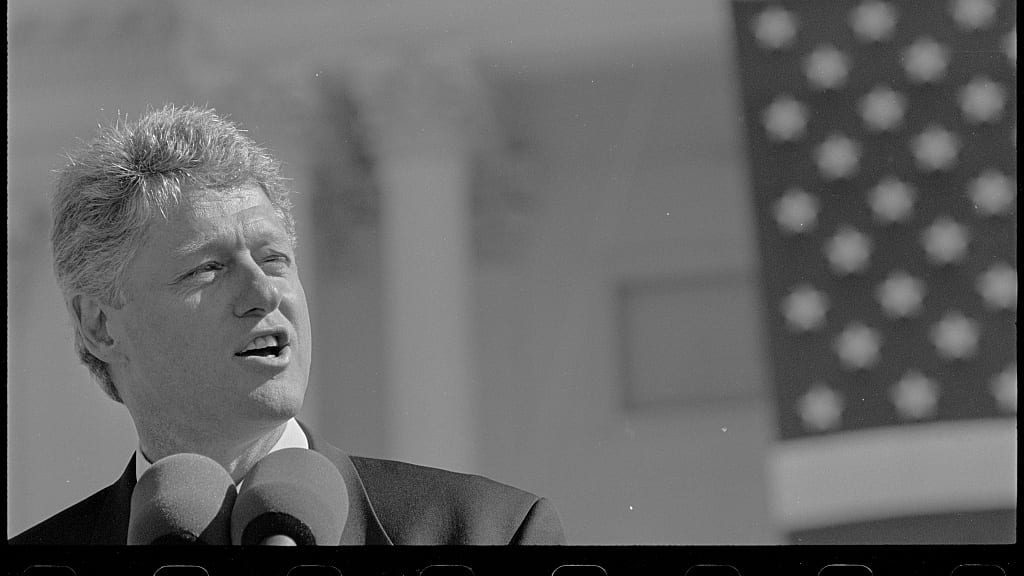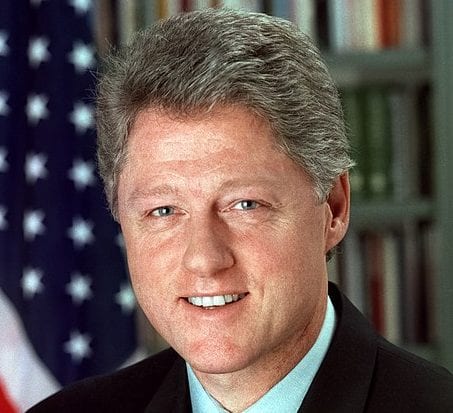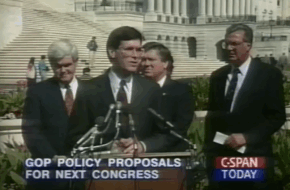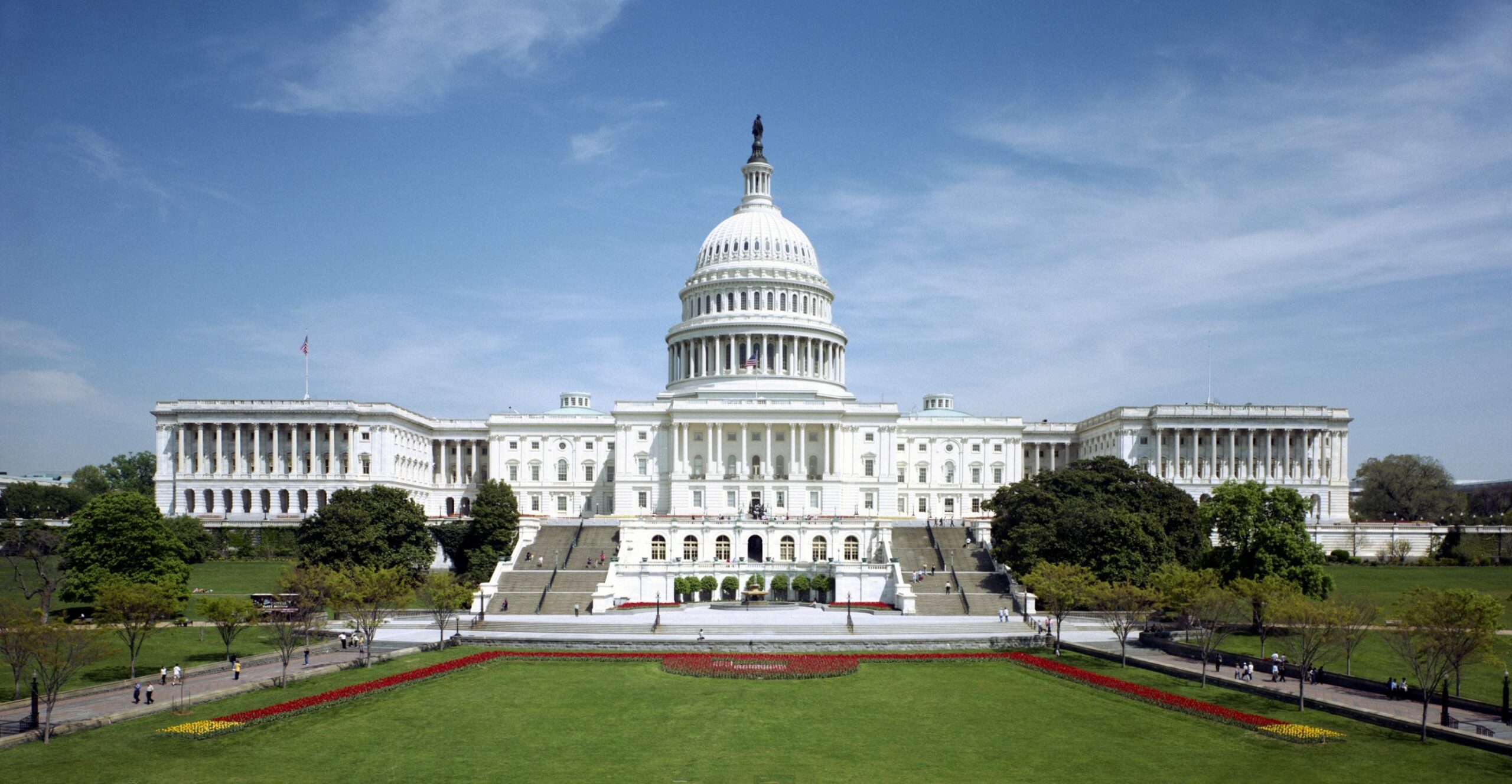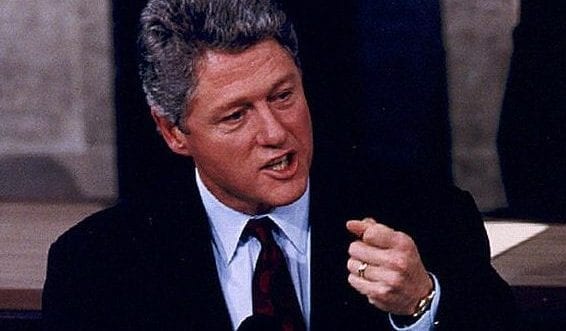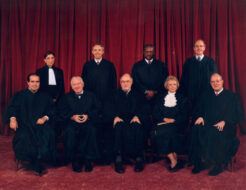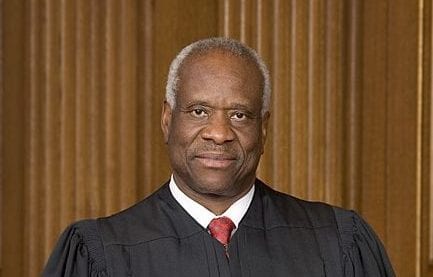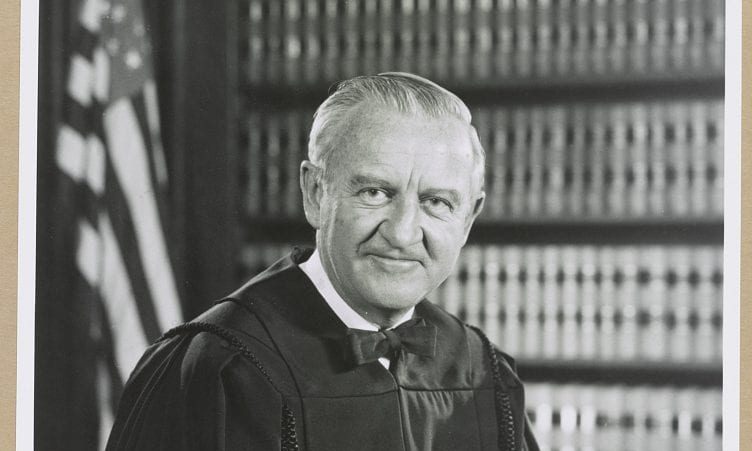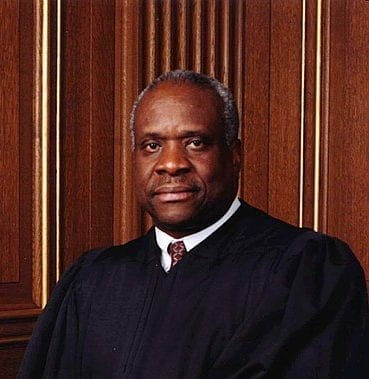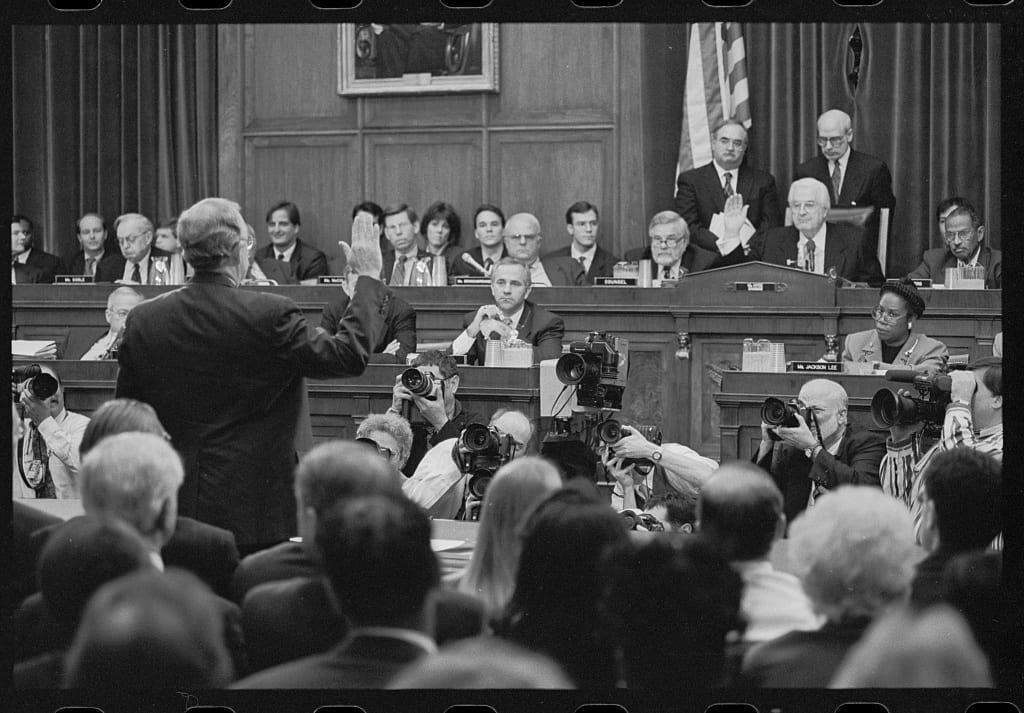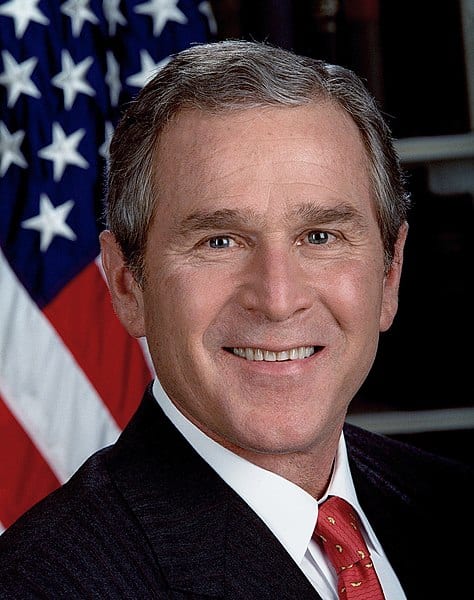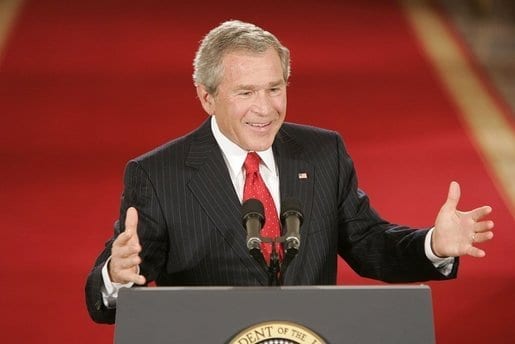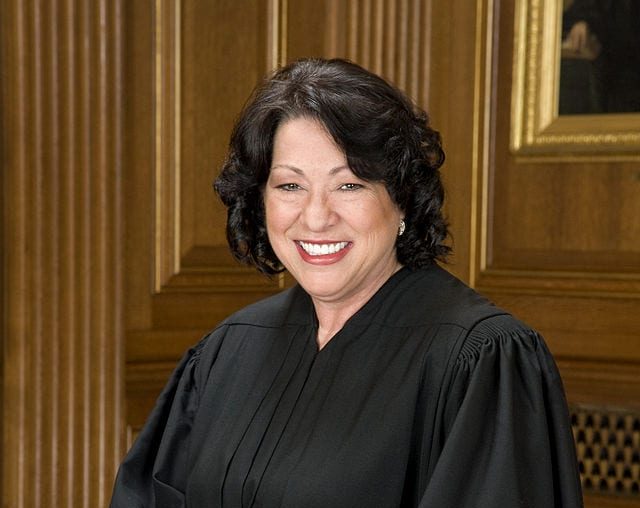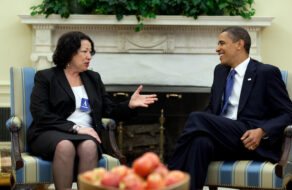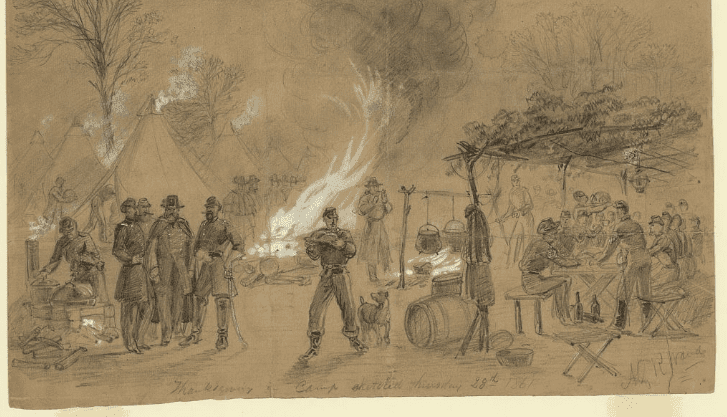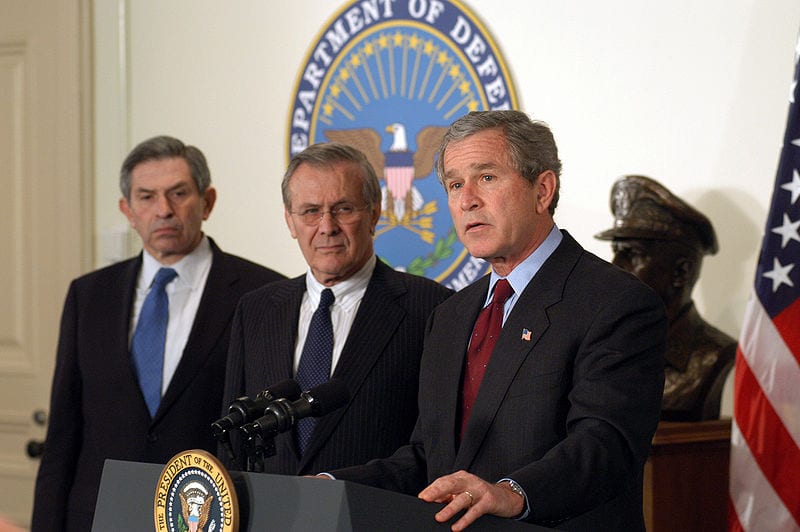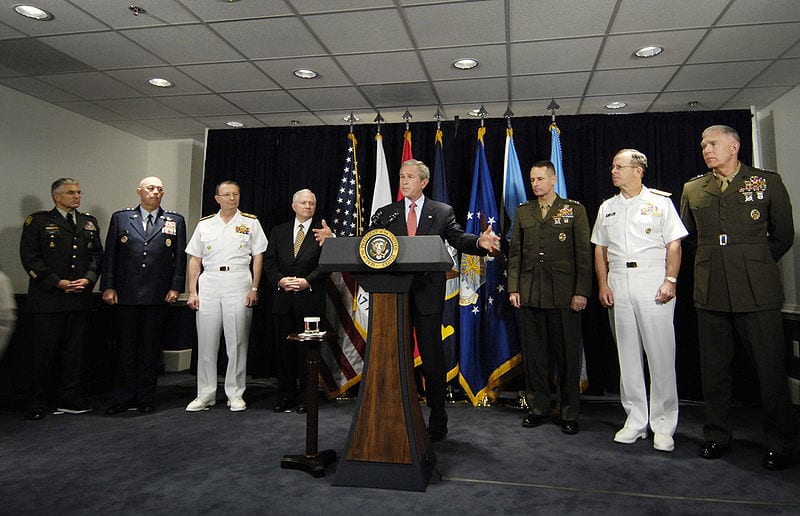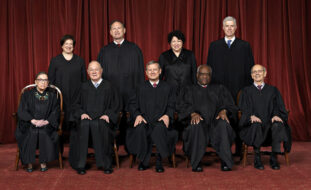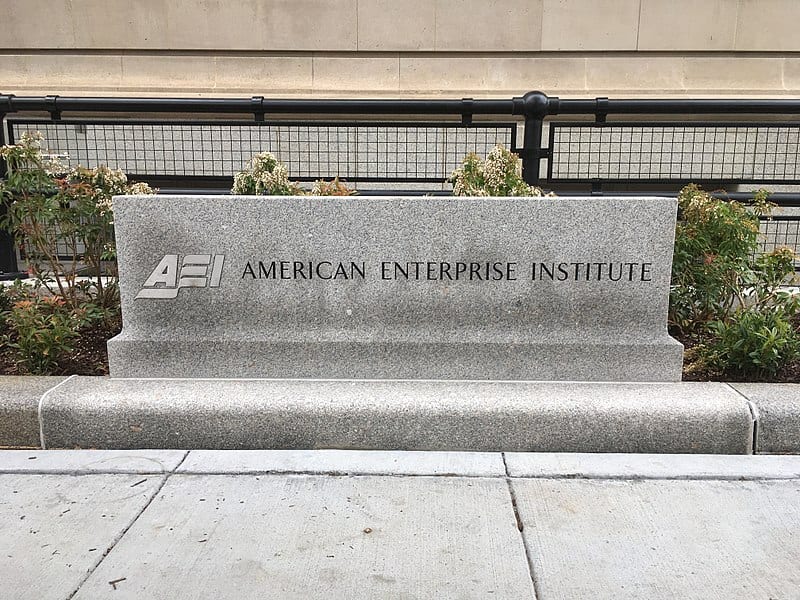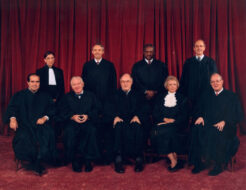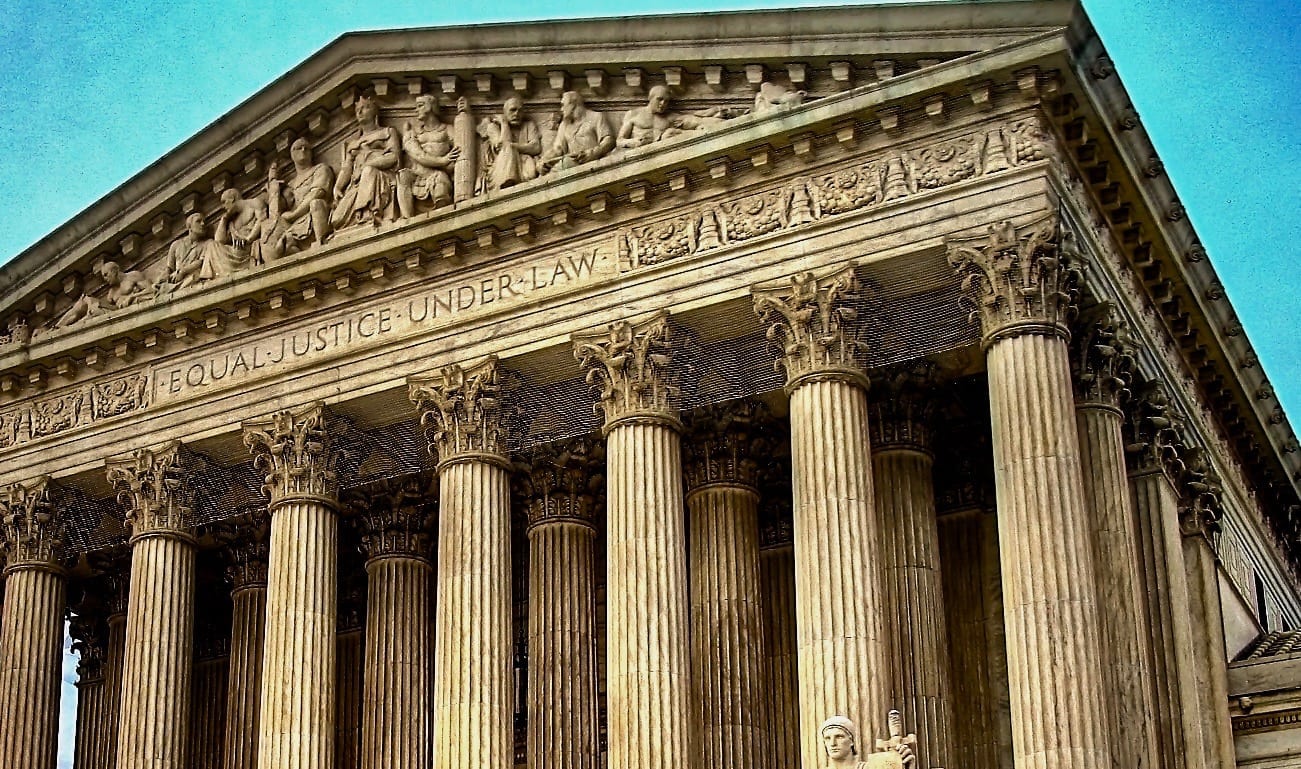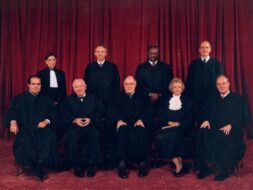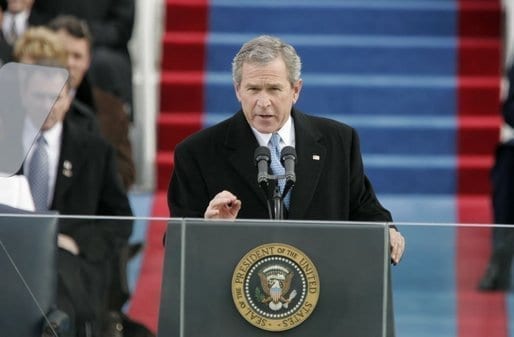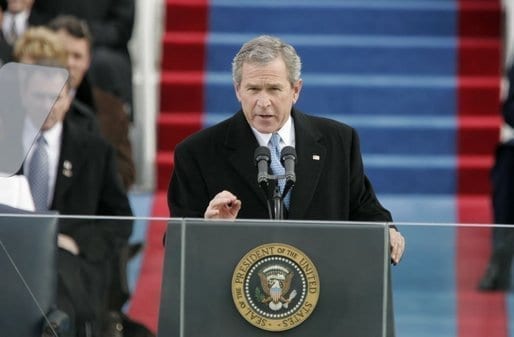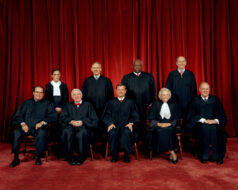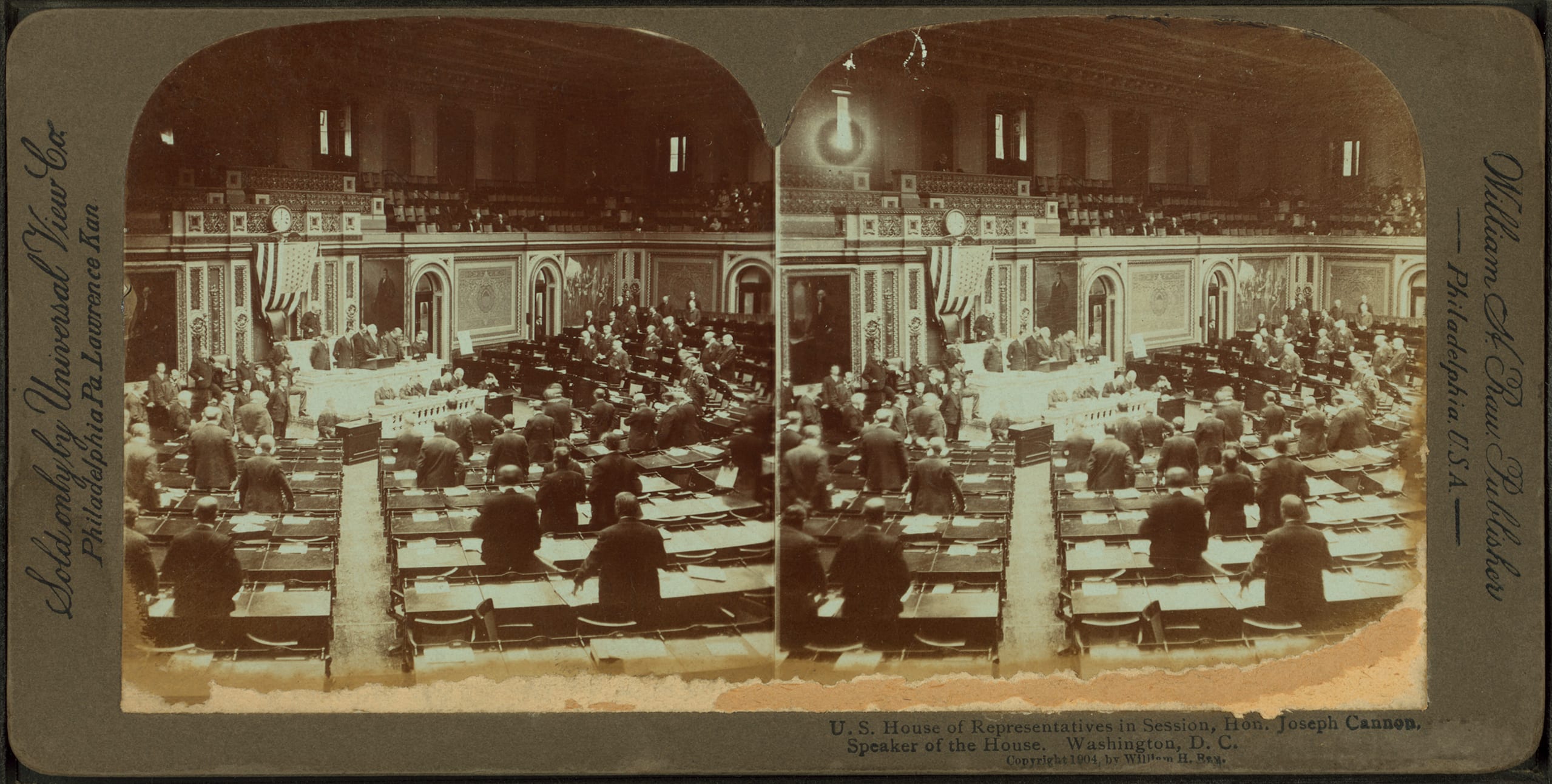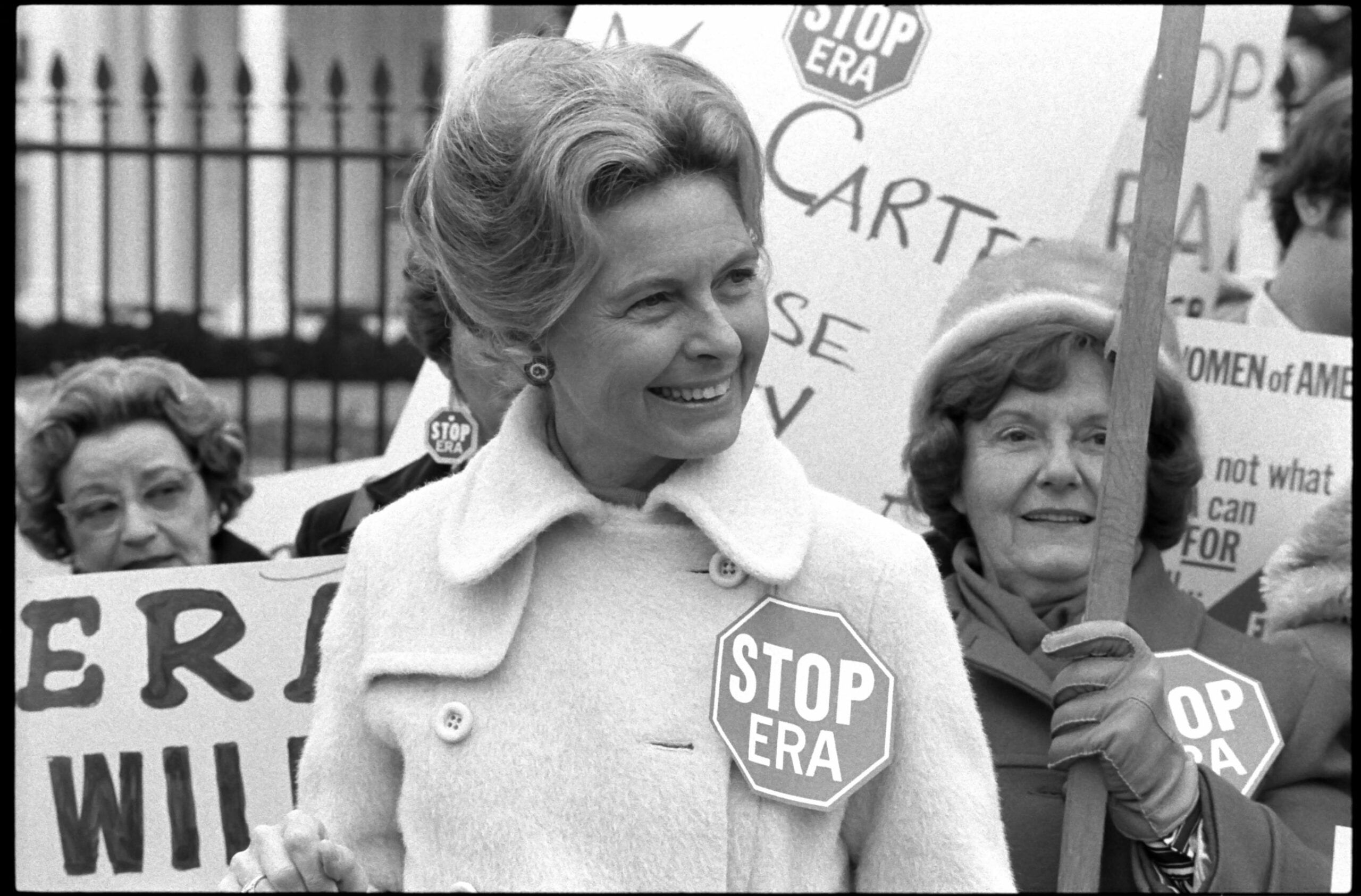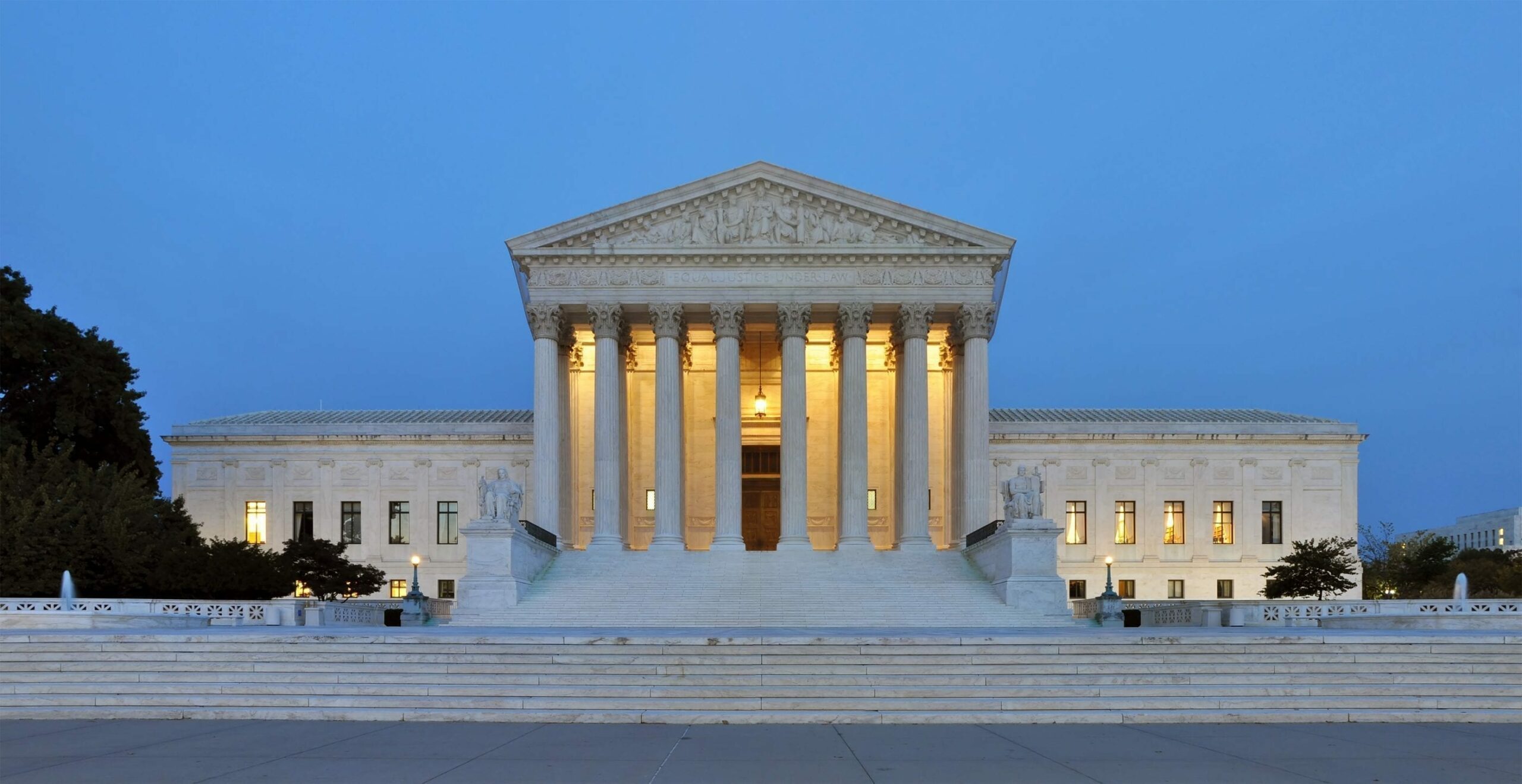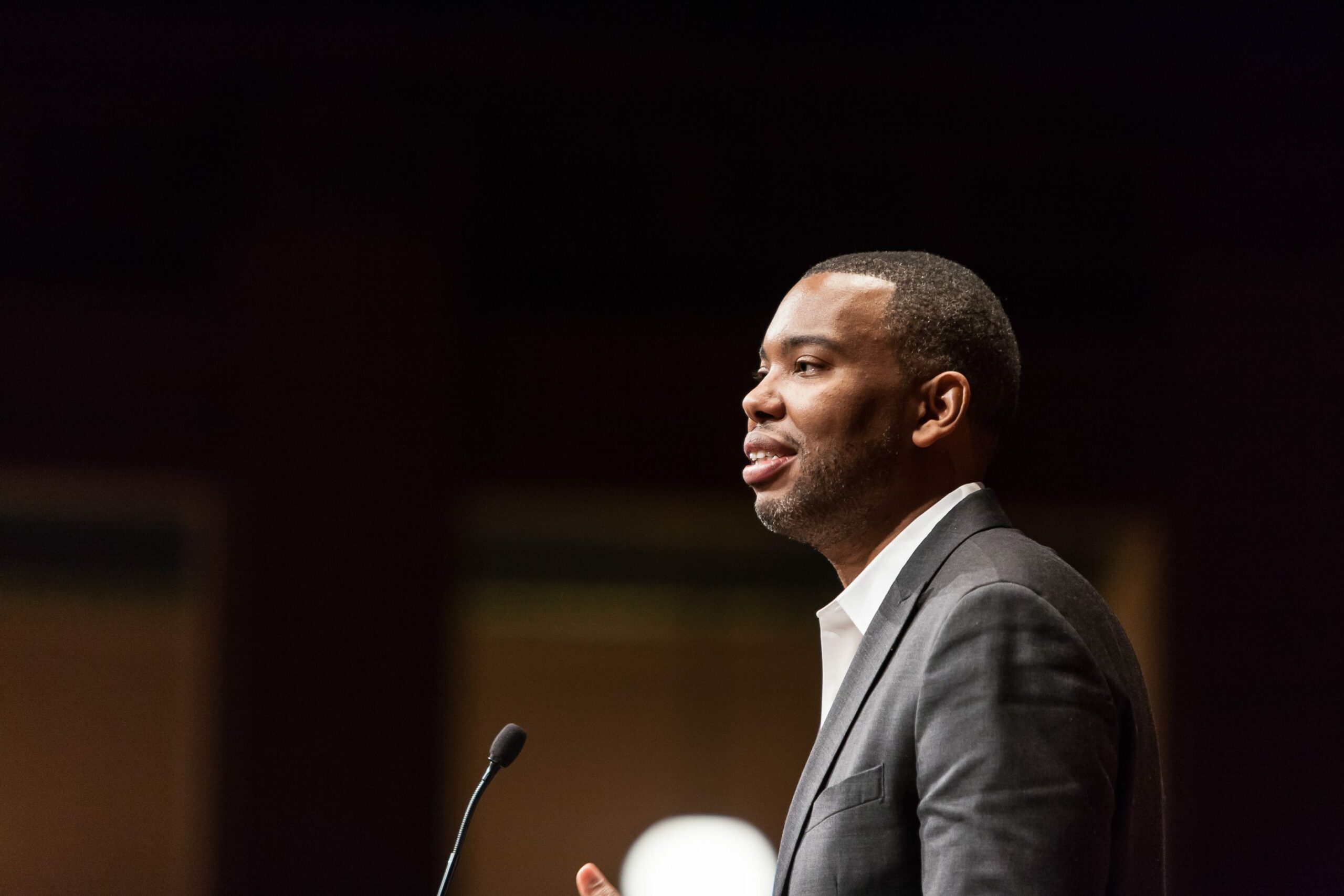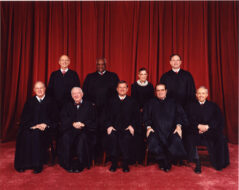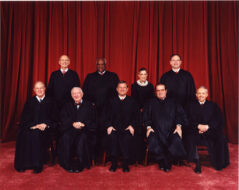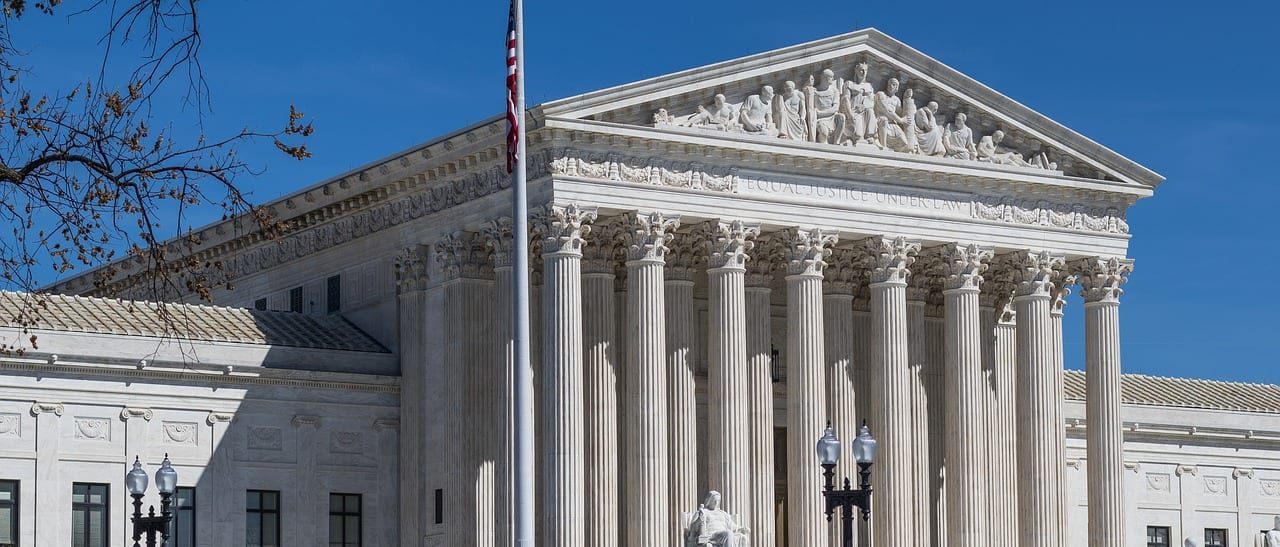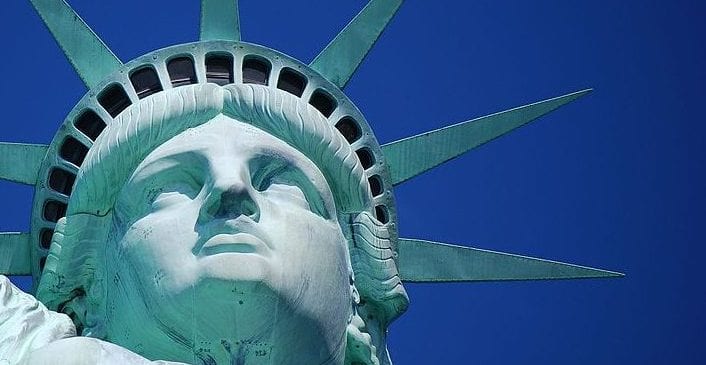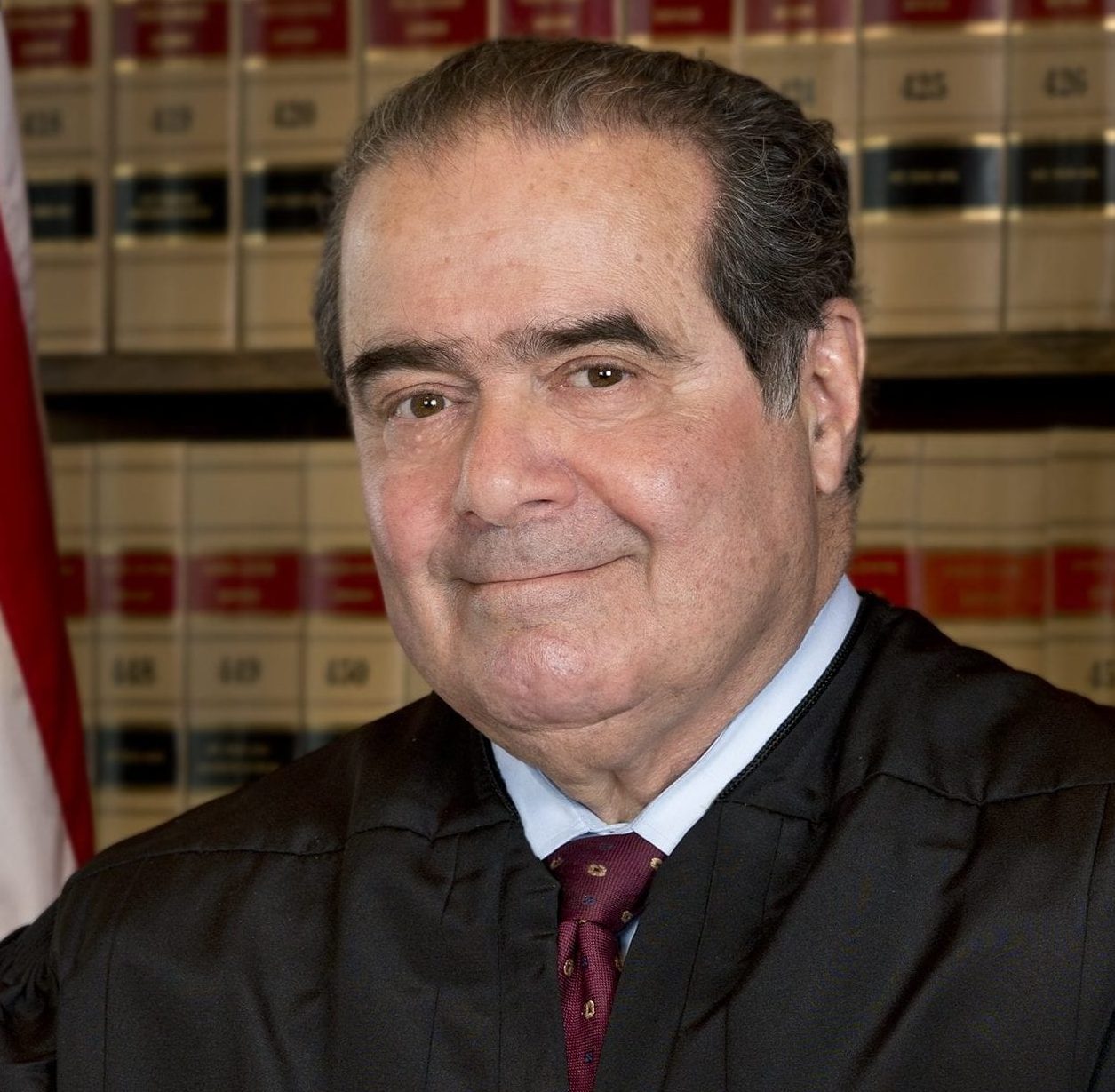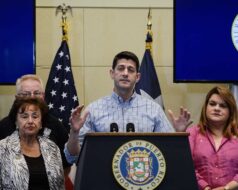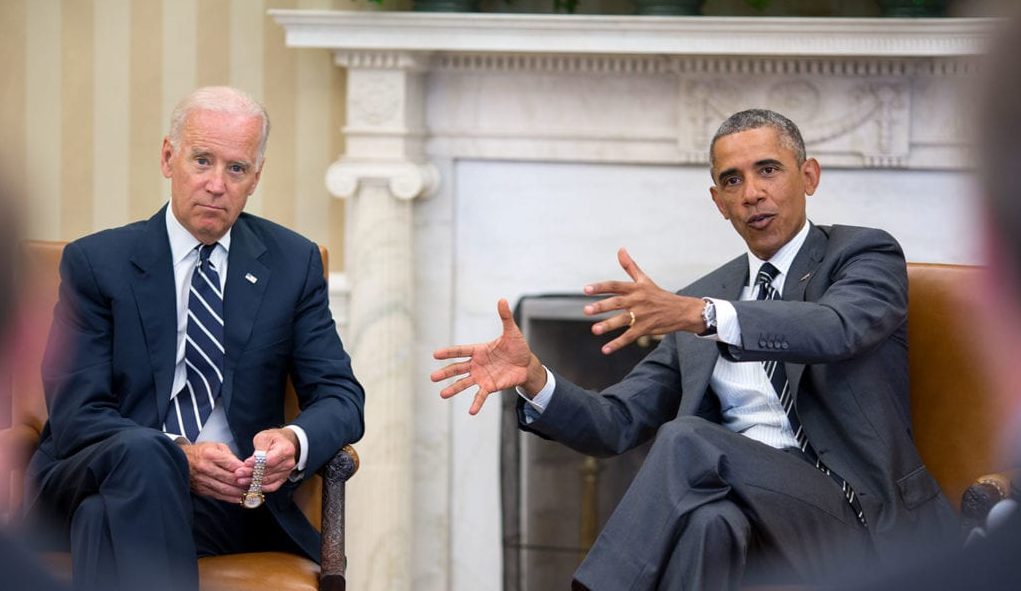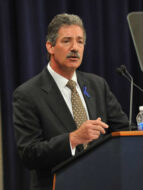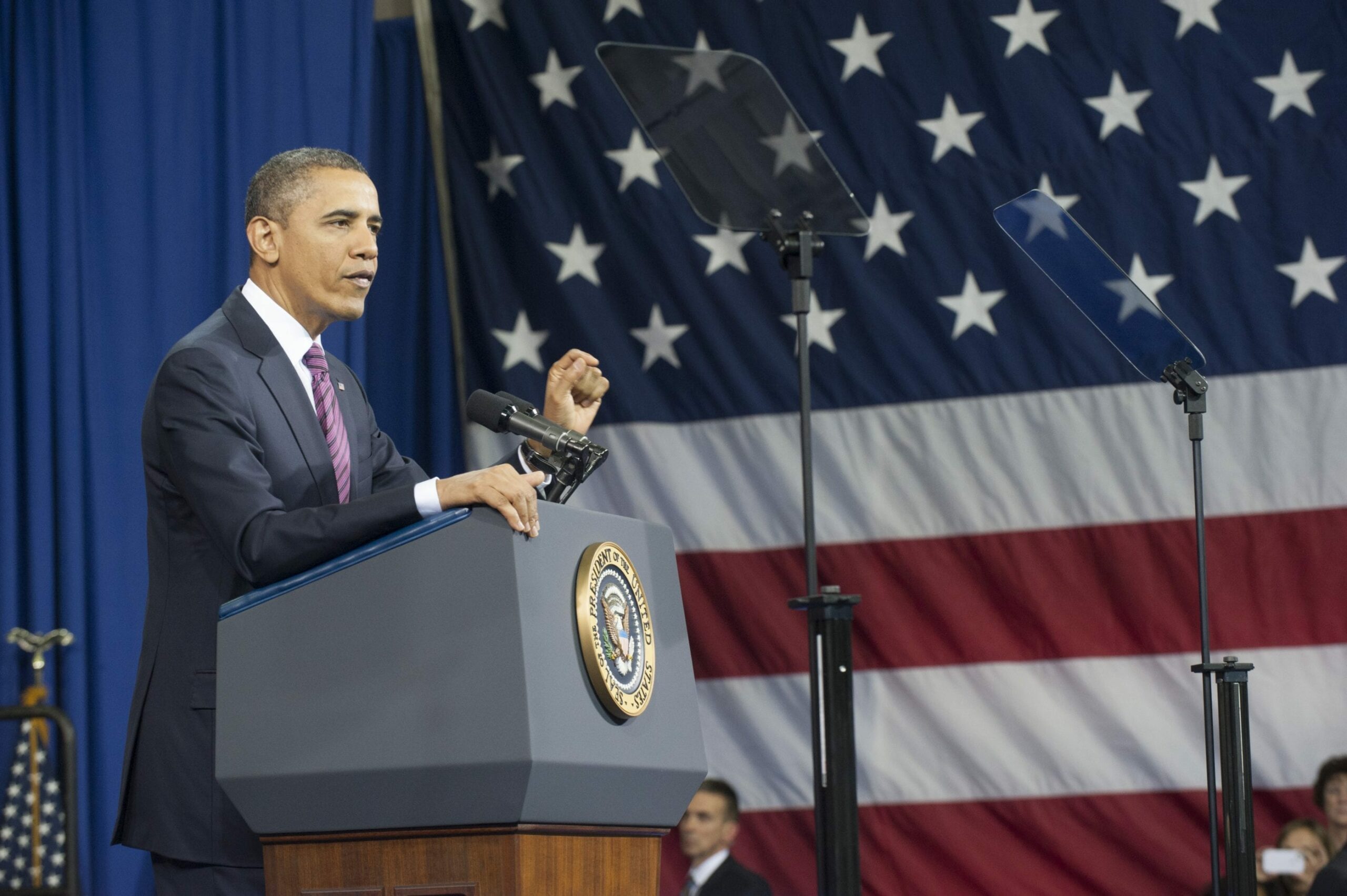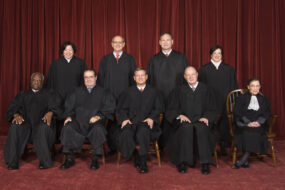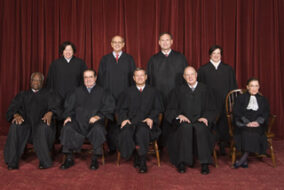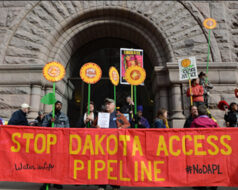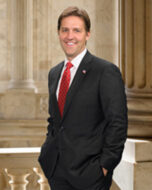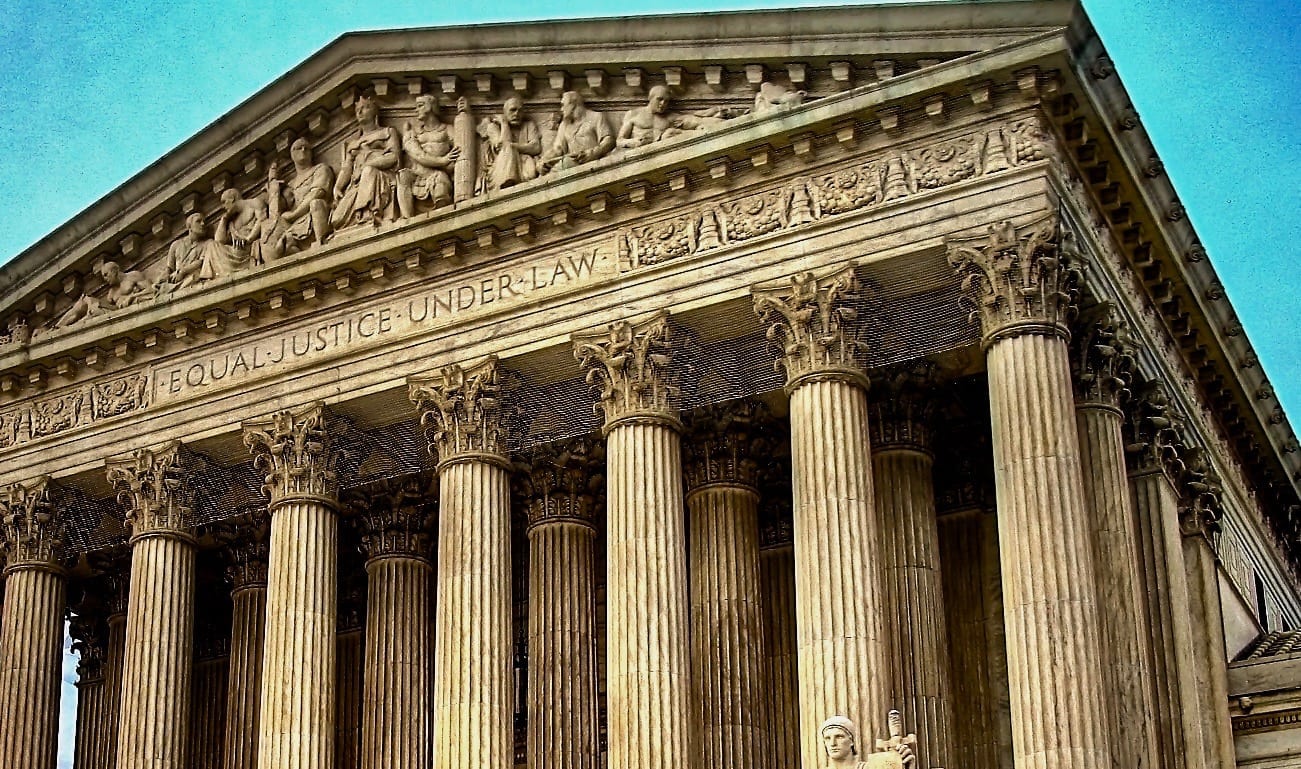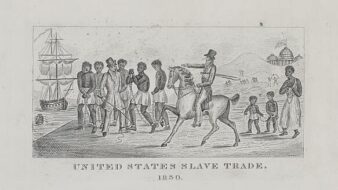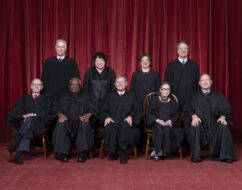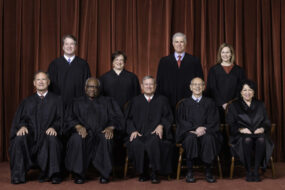


No related resources
Introduction
The Green Party of the United States was formed in 2001 as a product of the Association of State Green Parties, which had been in existence since 1996. Like the state organizations, the national party pledged to use the political process to promote a wide-ranging list of causes, including environmentalism, social justice, gender equality, LGBT rights, pacifism, and anti-racism. In many respects, the Greens seemed to reflect the ideals of the Great Society, though with a stronger emphasis on pacifism, LGBT rights, and environmentalism. What stood out the most for the Greens was their insistence on campaign finance reform and the need to get big money out of American politics. From the Greens’ perspective, money bought elections, plain and simple, and this reality undermined the principles of democracy and fairness in elections.
At first, the organization did not garner much attention from the electorate. That changed with the election of 2000 when the Greens put forward a ticket featuring consumer advocate Ralph Nader for president and Winona LaDuke as vice president. Their showing was not spectacular, taking only 2.7% of the popular vote. However, because the election between the major party candidates, Bush and Gore, came down to a few hundred votes in Florida, angry Democrats accused Nader of siphoning off votes from Gore that would have given him the victory. Nader denied this interpretation of the results, and subsequent studies have downplayed Nader’s significance in Gore’s loss.
Despite its meager showing in the election of 2000, the Green Party was able to achieve ballot status in many new states. This proved that popular discontent with the two major political parties still resonated in America, and third parties hoped to tap into that discontent and translate it into viable electoral outcomes. The Greens did not succeed in capturing much of the popular vote, and more importantly, won no electoral votes, but what success they did have spoke to undercurrents that ran through America, rejecting the traditional two-party options.
Source: “Official Green Party Platform, as adopted at the National Nominating Convention” (Denver, CO: June 24, 2000), pp. 3-5. https://gpus.org/wp-content/uploads/2015/12/platform_2000.pdf
GREEN KEY VALUES
1. GRASSROOTS DEMOCRACY
Every human being deserves a say in the decisions that affect their lives and not be subject to the will of another. Therefore, we will work to increase public participation at every level of government and to ensure that our public representatives are fully accountable to the people who elect them. We will also work to create new types of political organizations which expand the process of participatory democracy by directly including citizens in the decision-making process.
2. SOCIAL JUSTICE AND EQUAL OPPORTUNITY
All persons should have the rights and opportunity to benefit equally from the resources afforded us by society and the environment. We must consciously confront in ourselves, our organizations, and society at large, barriers such as racism and class oppression, sexism and homophobia, ageism and disability, which act to deny fair treatment and equal justice under the law.
3. ECOLOGICAL WISDOM
Human societies must operate with the understanding that we are part of nature, not separate from nature.
We must maintain an ecological balance and live within the ecological and resource limits of our communities and our planet. We support a sustainable society which utilizes resources in such a way that future generations will benefit and not suffer from the practices of our generation. To this end we must practice agriculture which replenishes the soil; move to an energy efficient economy; and live in ways that respect the integrity of natural systems.
4. NONVIOLENCE
It is essential that we develop effective alternatives to society’s current patterns of violence. We will work to demilitarize, and eliminate weapons of mass destruction, without being naive about the intentions of other governments.
We recognize the need for self-defense and the defense of others who are in helpless situations. We promote non-violent methods to oppose practices and policies with which we disagree, and will guide our actions toward lasting personal, community and global peace.
5. DECENTRALIZATION
Centralization of wealth and power contributes to social and economic injustice, environmental destruction, and militarization. Therefore, we support a restructuring of social, political and economic institutions away from a system which is controlled by and mostly benefits the powerful few, to a democratic, less bureaucratic system. Decision-making should, as much as possible, remain at the individual and local level, while assuring that civil rights are protected for all citizens.
6. COMMUNITY-BASED ECONOMICS AND ECONOMIC JUSTICE
We recognize it is essential to create a vibrant and sustainable economic system, one that can create jobs and provide a decent standard of living for all people while maintaining a healthy ecological balance. A successful economic system will offer meaningful work with dignity, while paying a “living wage” which reflects the real value of a person’s work.
Local communities must look to economic development that assures protection of the environment and workers’ rights; broad citizen participation in planning; and enhancement of our “quality of life.” We support independently owned and operated companies which are socially responsible, as well as co-operatives and public enterprises that distribute resources and control to more people through democratic participation.
7. FEMINISM AND GENDER EQUITY
We have inherited a social system based on male domination of politics and economics. We call for the replacement of the cultural ethics of domination and control with more cooperative ways of interacting that respect differences of opinion and gender. Human values such as equity between the sexes, interpersonal responsibility, and honesty must be developed with moral conscience. We should remember that the process that determines our decisions and actions is just as important as achieving the outcome we want. I. DEMOCRACY
Democracy must empower all citizens to:
obtain timely, accurate information from their government;
communicate such information and their judgments to one another through modern technology;
band together in civic associations in pursuit of a prosperous, just and free society.
The separation of ownership of major societal assets from their control permits the concentration of power over such assets in the hands of the few who control rather than in the hand of the many who own. The owners of the public lands, pension funds, savings accounts, and the public airwaves are the American people, who have essentially little or no control over their pooled assets or their commonwealth.
A growing and grave imbalance between the often-converging power of Big Business, Big Government and the citizens of this country has seriously damaged our democracy.
Corporations have perfected socializing their losses while they capitalize on their profits.
It’s time to end “corporate welfare” as we know it. The power of “civic action” is an antidote to abuse. As we look at the dismantling of democracy by the corporatization of society, we need to rekindle the democratic flame. As voter citizens, taxpayers, workers, consumers and shareholders, we need to exercise our rights and, as Jefferson urged, counteract the “excesses of the monied interests.”
A. POLITICAL REFORM
- The Green Party, proposes a COMPREHENSIVE POLITICAL REFORM AGENDA calling for real reform, accountability, and responsiveness in government.
- Political debate, public policy, and legislation should be judged on its merits, not on the quid pro quo of political barter and money.
- We propose comprehensive CAMPAIGN FINANCE REFORM, including caps on spending and contributions, at the national and state level, and/or full public financing of elections” to remove undue influence in political campaigns.
- We will work to ban or greatly limit POLITICAL ACTION COMMITTEES[1] and restrict SOFT MONEY contributions.
- We support significant lobbying regulation, strict rules that disclose the extent of political lobbying via “gifts” and contributions. Broad-based reforms of government operations, with congressional reorganization and ETHICS LAWS, must be instituted. At every level of government, we support “Sunshine Laws”[2] that open up the political system to access by ordinary citizens.
- We recognize individual empowerment, full citizen participation, and PROPORTIONAL REPRESENTATION as the foundation of an effective and PLURALISTIC[3] democracy.
- We demand choices in our political system. This can be accomplished by proportional representation voting systems such as: 1) Choice Voting (which is candidate-based) 2) Mixed Member Voting (which combines with district representation) ; and/or 3) Party List (which is party based), and semi-proportional voting systems such as: 1) Limited Voting and 2) Cumulative Voting. All are used throughout the free world and by U.S. businesses, and community and non-profit groups to increase democratic representation. We call on local governments to lead the way toward more electoral choice and broader representation.
- We believe in MAJORITY RULE. Accordingly, we call for the use of INSTANT RUNOFF VOTING[4] in chief executive races (mayor, governor, president, etc.) where voters can rank their favorite candidates (1,2,3, etc.) to guarantee that the winner has majority support and that voters aren’t relegated to choosing between the “lesser of two evils.”
- We believe in MULTI-PARTY DEMOCRACY (for partisan elections) as the best way to guarantee majority rule, since more people will have representation at the table where policy is enacted.
- The Electoral College is an 18th century anachronism. We call for a constitutional amendment abolishing the Electoral College and providing for the direct election of the president by Instant Runoff Voting. Until that time, we call for a proportional allocation of delegates in state primaries.”
- We encourage building alternative, grassroots institutions that support participatory and direct democracy at the local level. Political reform goes beyond elected politics, ultimately residing in choices each of us makes in our own lives.
- Using our voice to help others find their voice, a national Green Party should spring from many sources: state and local Green Party electoral efforts, individual efforts, political involvement and direction at every level. As Greens, we look toward forming bioregional confederations to coordinate regional issues based on natural and ecosystem boundaries instead of traditional political ones.
B. POLITICAL PARTICIPATION
- Greens advocate direct democracy as a response to local needs and issues, where all concerned citizens can discuss and decide questions that immediately affect their lives, such as land use, parks, schools and community services. We would decentralize many state functions to the county and city level and seek expanded roles for neighborhood boards and associations.
- We call for more flexibility by states and local decision-making.
- We advocate maintaining and enhancing federal guarantees in the areas of civil rights protections, environmental safeguards, and social “safety net” entitlements.
- We endorse and advocate citizen rights to INITIATIVE, REFERENDUM and RECALL.[5] We believe that these tools of democracy should not be for sale to the wealthy who pay for signatures to buy their way onto the ballot. Therefore we call for a certain percentage of signatures gathered to come from volunteer collectors.
- We call for citizen control of REDISTRICTING processes and moving the “backroom” apportionment process into the public light. Minority representation must be protected and secured in order to protect minority rights.
- We will act to broaden voter participation and BALLOT ACCESS, urging UNIVERSAL VOTER REGISTRATION and an ELECTION DAY HOLIDAY.
- We believe that a binding “None of the Above” option on the ballot should be considered.
- We believe that providing free television and mail under reasonable conditions for every qualified statewide, congressional, presidential candidate and party can move the political process toward increased participation.
- We support statehood for the District of Columbia. The residents of D.C. must have the same rights as all other U.S. citizens to govern themselves and to be represented in both houses of Congress.
- Individual participation in the life of our local community – in community projects and through personal, meaningful, voluntary activity – is also political and vital to the health of community.
- 1. An organization that raises money privately to influence elections or legislation.
- 2. Laws requiring certain proceedings of government to be open to the public.
- 3. Relating to a system where two or more groups are sources of authority.
- 4. An electoral system where voters rank candidates in order of preference. If no candidate gets a majority, the candidate with the fewest number of first-preference rankings is eliminated and these votes are redistributed. The process is repeated until one candidate achieves a majority.
- 5. The initiative is the right of voters to initiate legislative action. The referendum allows voters to vote on a single political question which has been referred to them for decision. The recall allows voters to vote an elected official out of office before their term of office is up.
Dickerson v. United States
June 26, 2000
Conversation-based seminars for collegial PD, one-day and multi-day seminars, graduate credit seminars (MA degree), online and in-person.



